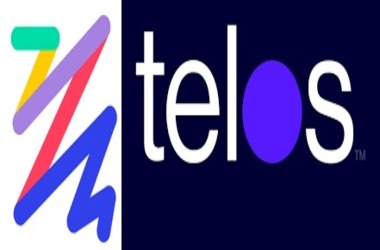
Telos is a smart contract platform that backs the building of decentralized apps and establishment of decentralized autonomous institutions operating on EOSIO, the software behind the EOS blockchain.
By June 18, the network has rolled out an Ethereum Virtual Machine (EVM) on its testnet, making the first ever hosting of EVM on an EOSIO blockchain.
Programmers are encouraged to utilize Solidity, the main programming language for Ethereum, to host smart contracts on the testnet before the planned roll out of Telos EVM on the mainnet next month.
Telos boasts of facilitating 10,000 transactions per second (TPS), without slapping transaction charges, stuff it offers as a better substitute to Ethereum’s 14 TPS with fees.
Acknowledging Telos as a prime competitor to Ethereum, Suvi Rinkinen, CEO of the Telos Foundation, said:
“With Telos EVM, people can finally build and deploy decentralized applications the way they were meant to be, with high speeds, no middlemen, and no limit on users. Importantly, developers don’t have to use a new codebase to take advantage of Telos EVM. They can use Solidity to easily deploy Telos EVM smart contracts.”
Syed Jafri, who won the EOISO smart contracts contest to develop eosio.evm, alleged that with the EVM, programmers can operate their “Solidity code 100 times faster with no modifications required.”
Telos, contrary to several of its predecessors, did not go through an initial coin offering and utilizes a consensus protocol named Delegated Proof-of-Stake, which Telos chief architect Douglas Horn has contended to be a more “ecologically defensible” and energy-efficient method to run blockchain networks.
I won a prize at EOSIO Smart Contracts Challenge! ? @Devpost https://t.co/IAj8Ckr9Mi
— Syed Jafri (@TheSyedJafri) May 29, 2020
Last month, Transledger disclosed that it would utilize Telos’ blockchain technology to run its interoperability system, which is structured to facilitate inter-blockchain interaction and cross-chain dealings. Earlier in 2020, the Telos Foundation was pushed to take steps against two board members following a dispute on network security.
